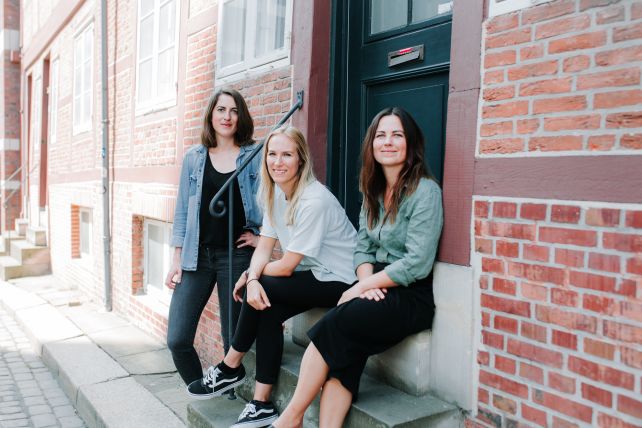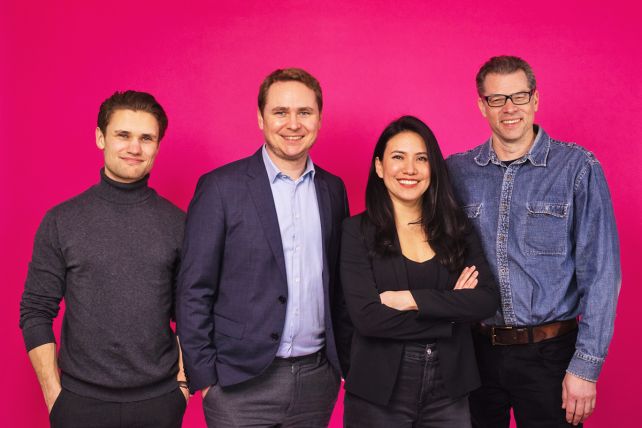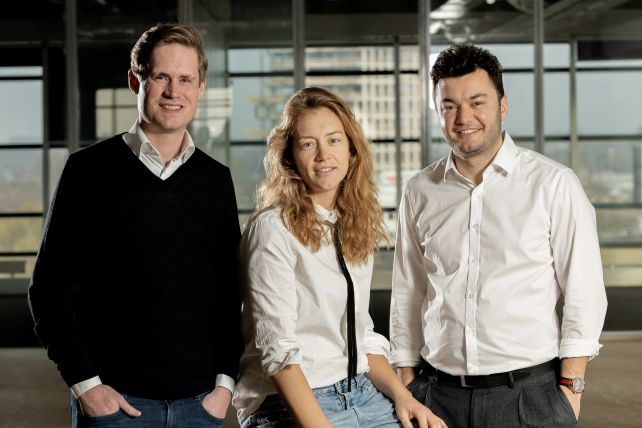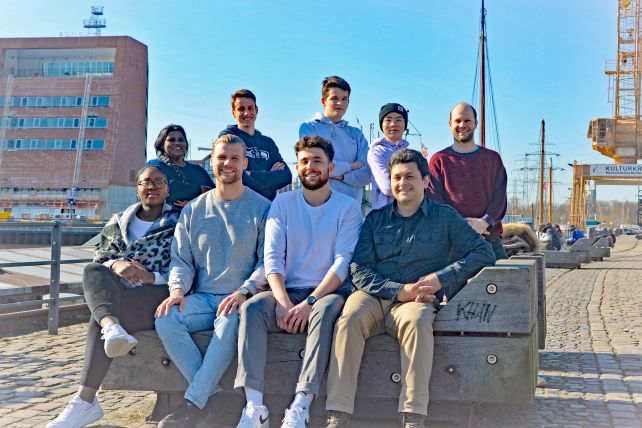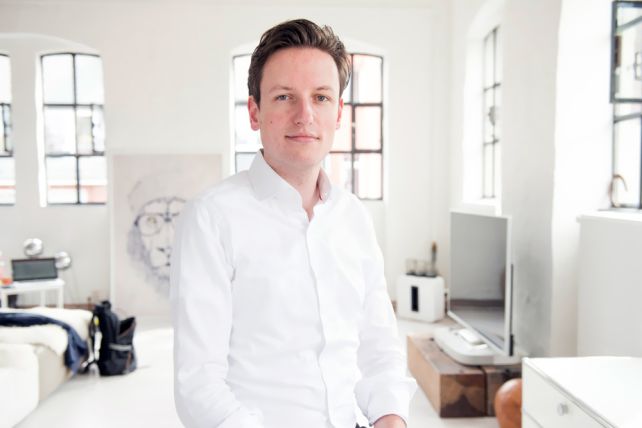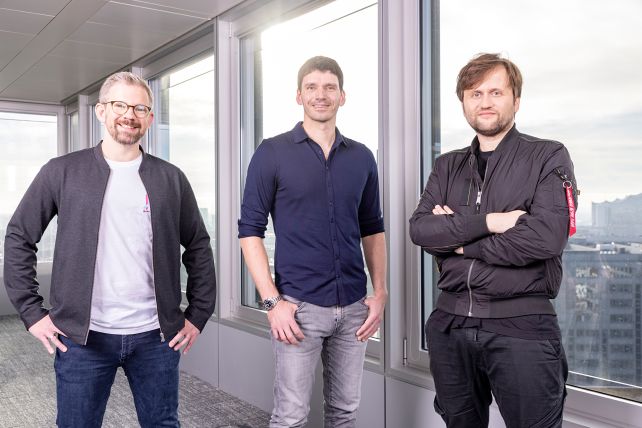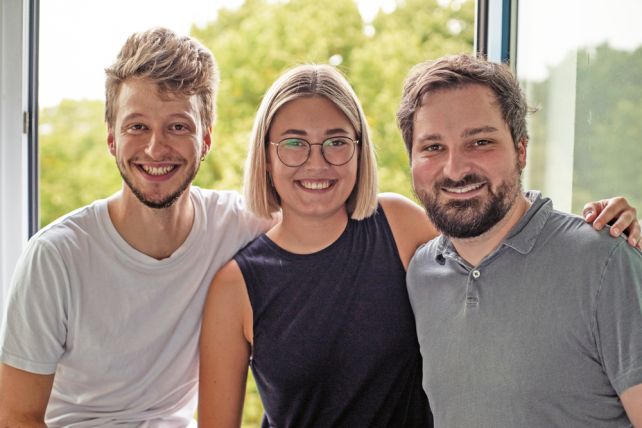Craft businesses usually have a long tradition and, if managed well, a secure future. To guarantee this, they need to digitalise their processes wherever possible. The software from Hamburg-based startup plancraft, which has already raised investments in the double-digit million range, helps them to do this.
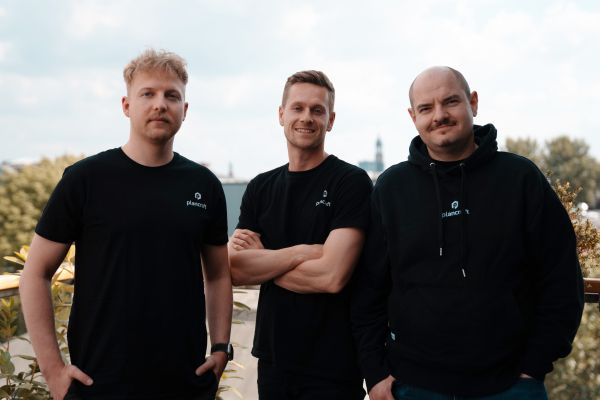
It all started at the TU Hamburg
Julian Wiedenhaus began his academic training with a dual study programme in production engineering at Bremen University of Applied Sciences and at Airbus. He completed it at the TU Hamburg with a master’s degree in international industrial engineering and management. He deliberately chose the TU Hamburg because it offers the opportunity to study entrepreneurship in its degree programmes. Ideal for Julian, who had the desire to found a company from an early age.
He found a brother in spirit in Alexander Noll, whose father runs a carpentry business. He didn't want to take over the company, but having worked in the office for years, he knew that too much time was being lost on order processing. Until then, there was no suitable and generally understandable software to make work easier. Julian and Alexander made their first attempts as startup entrepreneurs in a university project. The idea: to make the construction process transparent for house builders at all times.

plancraft won startup competitions right from the start
The implementation proved to be too complicated, but during their research it became increasingly clear how great the need was for a software solution in the trade. So they continued their interviews, over a total period of one and a half years. Even though Alexander had acquired programming skills, it seemed sensible to bring a proven IT expert into the team as well. He was found in Richard Keil. Richard was Alexander's mentor during his time as a working student at eventure GmbH, which operates as a digital consultancy and venture builder and is part of the auditing firm EY.
The official founding of their startup plancraft as a GmbH dates back to February 2020, but the company actually first attracted attention a year earlier. In 2019, Richard won third place for plancraft in Gründergeist, the startup competition organised by the Wirtschaftsjunioren of the Hamburg Chamber of Commerce. It was not to be the last success of this kind for the startup. This was followed by a victory in the IDEE category at the Hamburg Innovation Awards in 2020 and the first place at the Gunnar Uldall Business Award in the year 2021.
In each case, the company was able to impress with a software offering that does not aim to provide a complete solution, but instead focusses on a specific task area. "It would have taken 15 years to develop an 'SAP for the crafts'," explains Julian Wiedenhaus. The focus is therefore on the preparation of quotations and project management through to the final invoice. This is still a broad field, so the software is regularly expanded and optimised to this day.
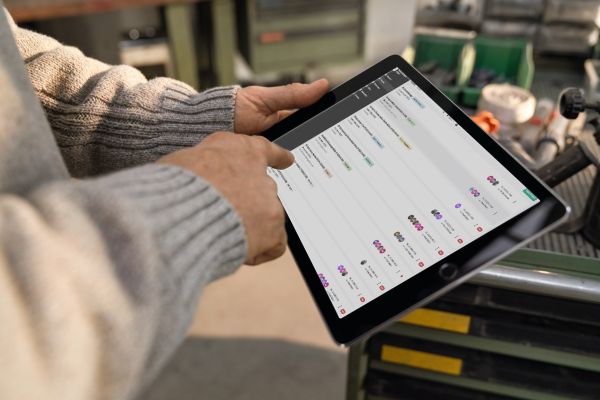
Specifically, the cloud-based web app helps with the following work steps:
Create customers and projects
Calculate quotations
Create invoices and send them to the tax consultant
Employee time recording and personnel planning
Communication between construction site and office
Documentation in digital project folders
plancraft attaches particular importance to ease of use. By their very nature, craft businesses are not at the forefront of digitalisation, and the use of Excel and Word for project planning is the rule rather than the exception. In addition, the software must be usable on construction sites, where unnecessary complexity is a hindrance. At the same time, plancraft is not an isolated solution; it can be integrated into existing systems via interfaces.

plancraft is attractive for investors
With its clear concept, the startup was able to attract investors at an early stage. Initially, funding from the EXIST startup grant, which is intended for university-related foundings, was the obvious choice. plancraft received this in 2020, followed a year later by its first business angel investment. News from September 2022 then made headlines in the startup scene, with High-Tech Gründerfonds, BitStone Capital, XDECK Ventures and Realyze Ventures joining forces for a seed round totalling 1.9 million euros. It was supplemented by 200,000 euros from the InnoFinTech programme of IFB Innovationsstarter GmbH.
The news from June 2024 was a real bombshell: the recently concluded Series A financing round had raised 12 million euros. It was led by Creandum, a venture capital firm with offices in Stockholm, Berlin, London and San Francisco. Its portfolio includes Klarna and Spotify – not a bad company for plancraft. Julian Wiedenhaus explains the success in times when other startups are struggling with financing with a solid business model aimed at long-term success. The figures so far are fine and the craft remains indispensable even in a world characterised by artificial intelligence and robotics.
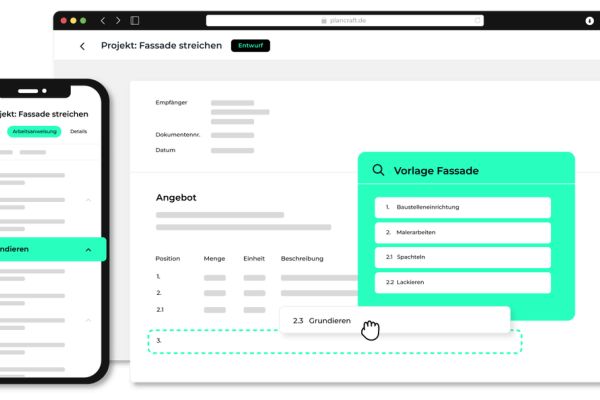
Good prospects for the future
In fact, the potential is still huge. According to plancraft, it currently has around 10,000 customers, but there are around 500,000 craft businesses in Germany alone that could be a potential target group. The focus is on smaller companies, which also make up the lion's share. 95% of businesses have fewer than 20 employees. The pricing model is tailored to them. The most favourable tariff for the software-as-a-service solution is 29.90 euros per month, which even part-time tradespeople can afford. Another advantage is the option to cancel on a monthly basis, which minimises the financial risk.
One challenge in such a fragmented and confusing market is reaching a large number of potential customers. Chambers of Crafts and Trades are not suitable multipliers as they are obliged to remain neutral. Social media can be used to build awareness, but collaborations such as the one with STIHL from 2023 are more promising. STIHL is a manufacturer of power tools for forestry, garden and landscape maintenance and the construction industry. The partnership allows plancraft to reach companies from these sectors, whereas previously it was mainly painters and carpenters that generated sales.

Conquering the European market from Hamburg
plancraft is not the only provider of software for tradespeople, but its competitors often have a different focus and the pie is big enough to satisfy many. The generational change at the top of a lot of companies and the growing shortage of skilled workers are also increasing the willingness to digitise. And not just in Germany; in the medium term, plancraft would like to offer its services in numerous European countries, where the challenges are very similar to those over here.
In order to meet these challenges, not only is the product to be further optimised, but the team is also to be expanded. It currently comprises a good 40 members, and doubling this number is within the realms of possibility. plancraft's main location is and will remain Hamburg, not least because of the city's high quality of life, which makes it attractive to talented people. And plancraft also has a lot to thank Hamburg for in other respects, as Julian Wiedenhaus summarises:




